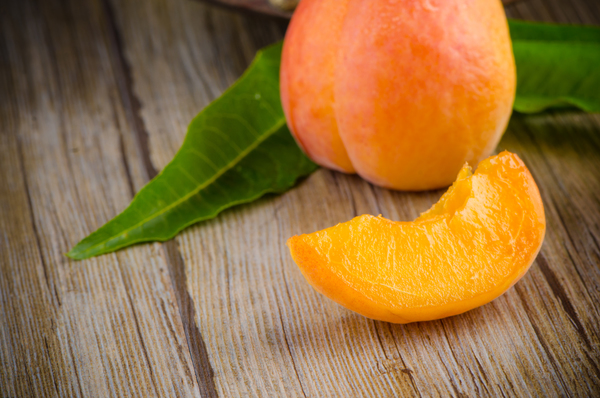Blenheim apricots, also known as Royal apricots or Moorpark apricots, are a popular and highly sought-after variety known for their exceptional flavor, vibrant color, and versatile culinary uses. When purchasing Blenheim apricots, there are several factors to consider to ensure you select the best quality fruit. Here’s a comprehensive buyer’s guide to help you make an informed decision:
- Seasonality: Blenheim apricots are typically available during a relatively short window in the late spring and early summer, usually from May to July. It’s crucial to buy them during this time to enjoy their peak freshness and flavor.
- Appearance: When choosing Blenheim apricots, look for the following visual characteristics:
–Color: Blenheim apricots have a distinctive golden-yellow to orange hue with a slight blush on their skin.
–Texture: The skin should be smooth and free from wrinkles, blemishes, or cuts.
–Size: While Blenheim apricots come in various sizes, choose ones that feel plump and substantial in your hand. - Aroma: Gently pick up the apricots and give them a sniff. Ripe Blenheim apricots should have a sweet and fragrant aroma. Avoid fruits that have no scent or smell sour.
- Firmness: Blenheim apricots should be firm but yield slightly to gentle pressure. Avoid apricots that are overly soft or mushy, as they might be overripe.
- Weight: Hold the apricot in your hand – a ripe one should feel relatively heavy for its size. This indicates that the fruit is juicy and full of flavor.
- Avoid Green or Pale Apricots: If you come across apricots that are still predominantly green or pale in color, they are likely underripe and might lack the characteristic sweetness and flavor associated with Blenheim apricots. It’s best to choose apricots with vibrant, deep coloring.
- Buying Local: Whenever possible, opt for locally grown Blenheim apricots. Locally sourced fruit is more likely to be fresher and to have been harvested at the peak of ripeness.
- Organic vs. Conventional: Consider choosing organic Blenheim apricots, especially if you’re concerned about pesticide residues. Organic options are grown without synthetic pesticides, herbicides, or genetically modified organisms (GMOs).
- Buying in Bulk: If you plan to use Blenheim apricots for canning, baking, or making preserves, buying in bulk when they’re in season can be a cost-effective option. Just make sure to assess the quality of the fruit before purchasing a larger quantity.
- Storage: Blenheim apricots are delicate and have a relatively short shelf life. If you’re not consuming them immediately, store them in the refrigerator in a single layer to prevent bruising. Avoid stacking them on top of each other.
- Ripening: If you purchase slightly underripe Blenheim apricots, you can ripen them at room temperature in a paper bag. Once they reach your desired level of ripeness, transfer them to the refrigerator to slow down further ripening.
- Culinary Uses: Blenheim apricots are prized for their excellent flavor and are perfect for eating fresh, but they’re also fantastic for making jams, preserves, pies, tarts, and other baked goods. Their natural sweetness and tanginess make them a versatile ingredient in both sweet and savory dishes.
By keeping these factors in mind, you’ll be better equipped to select the finest Blenheim apricots and fully enjoy their delicious taste and culinary potential.
